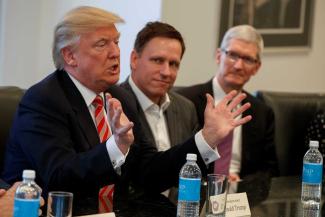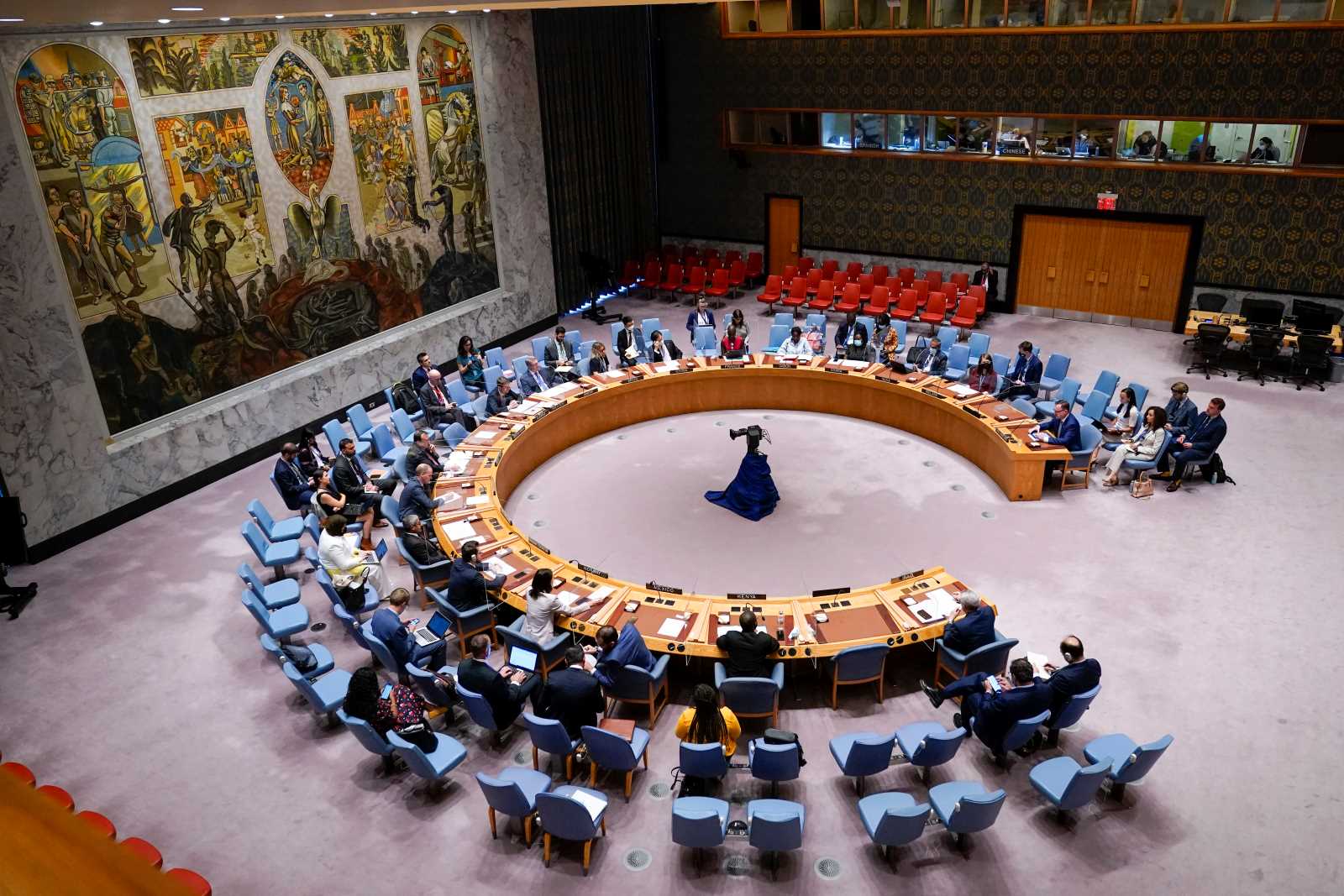Democracy
Facebook investor: democracy and freedom are incompatible

The portrait was about Silicon Valley billionaire Peter Thiel (paywall: https://www.ft.com/content/d2259cd1-704d-4cd4-814d-994c4e754695).
Waters and Fedor describe Thiel as an intellectually fascinating man. They make a major effort to assure their readers that he is not necessarily the dangerous right-wing manipulator that his critics claim him to be. As far as I can tell, his critics actually have quite a bit of evidence, but the FT authors do not provide it.
For example, they fail to mention that Thiel stated clearly in 2009: “I no longer believe that freedom and democracy are compatible.” His argument back then basically boiled down to one thing: he resented majorities’ propensity to put limits on what the super-rich may do, especially in regard to developing and applying technology.
It does not bother me that the FT authors quote anonymous sources. My problem is that there are too many of them and that what they say remains all too vague and ambiguous. For example, one “Thiel ally” points out that to expect a consistent ideology from this billionaire, is to misunderstand him.
Glaring inconsistencies
It is really not hard to make sense of right-wing populists’ inconsistencies. They typically have double standards. Their approach is: “One rule for us and one rule for them.” It is much harder to take if one sticks to a coherent world view.
In Thiel’s case, the ideologically inconsistencies are glaring, giving him a lot of scope for arbitrary action. He claims to be a libertarian who wants the state to be tiny, but his company Palantir is raking in profits from big-data services to governmental intelligence agencies whose work is completely non-transparent. He accuses Google of anti-competition practices – and that is quite rich coming from someone who invested large-scale in Facebook, a company known for similar practices. He is not only a prominent supporter of Donald Trump, the serial liar and adulterer, but, according to the FT, also a “committed Christian”. By the way, prudent investors normally doubt the leadership of business men with so many shady deals and defaults as Trump.
Thiel is currently supporting two right-wing candidates in Senate elections in the USA. He gave each $ 10 million. One of them is J.D. Vance in Ohio. He used to be a sober intellectual, but has turned into a ferocious right-wing agitator whose propagandistic fight for “the” people and against “elites” depends on plutocratic funding – from a man whose top priority is to shield super-rich investors from state regulations. This is, by the way, a common pattern among Republican donors (see Michael Steffen and Hans Dembowski on www.dandc.eu).
Safe haven for Sebastian Kurz
It fits the anti-democracy pattern that Thiel recently offered Sebastian Kurz, Austria’s disgraced former chancellor, a well-paying job as a corporate strategist. Kurz resigned from all government positions because of corruption investigations. I doubt Thiel really wants his advice. As far as I can tell, the super donor was signalling to other officials in top government jobs that they need not worry much about constitutional norms or moral standards. As long as they use their jobs in ways he likes, he has their backs. The FT authors do not mention Kurz at all.
Tellingly, Thiel is not known to have used his influence as a Facebook/Meta board member to make the social-media giant promote fact-based reasoning. It apparently never bothered him that opaque Facebook algorithms facilitate the spread of disinformation and propaganda. If tech investors have the say, public information gets distorted by who they let interact with whom on what topic. We should expect more from someone who studied philosophy and, according to the FT, likes to challenge “conventional thinking”. The two authors do not expect more, but they want us to believe that “his interest in ideas sets him apart from other super-donors”.
Thiel recently stepped down from his board membership in order to become more involved in politics without causing difficulties for the corporation. To me, that sounds like a threat. The USA needs more democracy, not more freedom for plutocrats (see Katie Cashman and Hans Dembowski on www.dandc.eu).
Hans Dembowski is the editor in chief of D+C/E+Z.
euz.editor@dandc.eu













